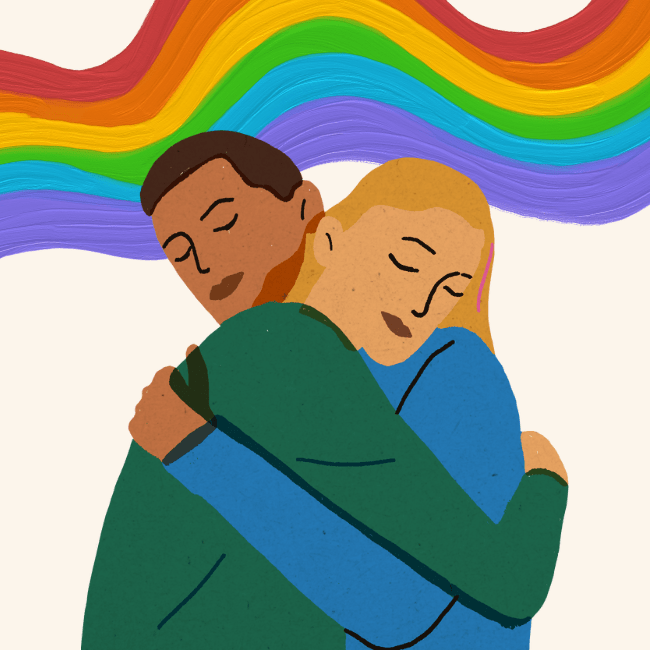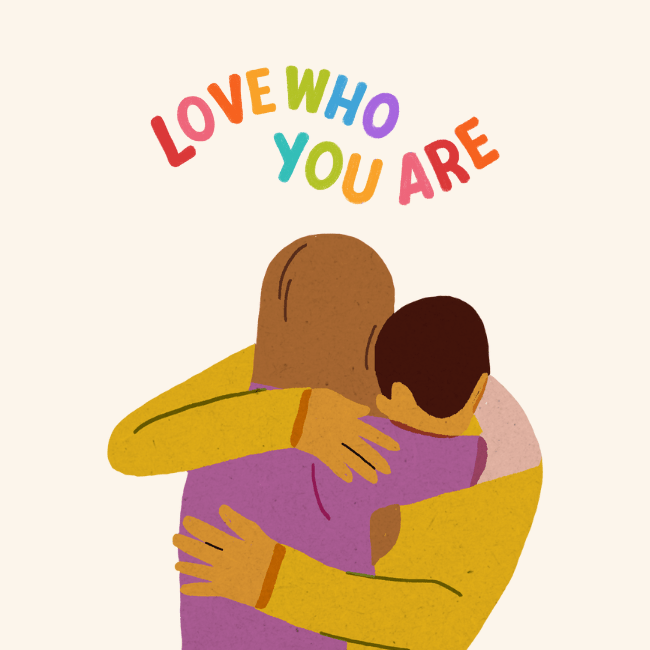3 Things You Shouldn’t Say When Someone Is Coming Out To You

The act of coming out isn’t easy as telling someone what your favorite food is or what your most-listened song in your playlist was. It isn’t as simple as choosing whether or not you want to wear a black or a white shirt today. It’s also not like an impulse decision to buy a cheeseburger when you crave it.

[DISCLAIMER: This article has been edited by Village Pipol Magazine’s bisexual senior editor]
Coming out of the closet refers to the metaphor used to describe an LGBTQIA+ individual’s disclosure to themselves or to others of their sexual orientation, gender identity, and gender expression (SOGIE). With that said, it must have taken a lot of courage for them to do so, especially if they want to come out to a person close to them.
A person coming out of the closet spent countless hours trying to find the words that genuinely express their feelings. Although the journey does feel terrifying, they remained brave enough to express their true selves. Staying in the closet doesn’t make them less of a person. Their decision to come out to you is encouraged by a sense of comfort, trust, and preparedness.

After all the hardships that they face, there are words that they don’t need or want to hear. So, here are three things you shouldn’t say to someone who is coming out to you:
“I knew it.
Since the concept of a gaydar becomes so deeply ingrained in society, it sometimes becomes problematic. Because of this, many gender non-conforming people make a lot of efforts to manage or tone down their sexuality in public out of concern for homophobia.

So, when a feminine guy or a masculine woman comes out of the closet, it has become a common comment. This particular non-essential response will make your friend question their choice of opening up to you.
You’re unknowingly implying that you assumed their sexuality or gender non-conformity before the conversation. They will think that if you think like that, so does everybody else. As a result, they may feel that staying in the closet may be a safer option than coming out.
“You will meet the “right” one eventually.”
Keep in mind that you cannot dictate someone else’s sexual orientation, gender identity, or gender expression. They know the realest version of themselves based on who they are attracted to, how they want to be identified, and how they want to express themselves. And, by replying that way, you’re giving them the impression that you don’t think they are who they say they are nor can they decide on their own.

If you suggest this with a heteronormative mentality, that might also be very harmful. If you tell your homosexual buddy they will find the right girl for them after coming out to you, you are blatantly invalidating the fear they feel, the stigma or discrimination they experience, and the incapacitating thoughts they have.
You presumptively believe that the gender binary and that relationships are most fitting between people of the opposite sex. This suggests internal homophobia, and your response comes out as invalidating. So, be cautious of what you say if you don’t want to hurt them.
“You will change your mind.”
This is another dismissive and invalidating statement. We don’t know what will happen in the future usually follows after this non-essential reply, as you may try to put it on a positive note. I don’t want to burst your bubble of being a friend who’s open to possibilities. They do not need to hear that. Sexuality is fluid but, it isn’t just a phase!

While it is normal for some people to eventually change how they identify themselves based on a variety of factors (like from being unlabeled to aromantic or being bisexual to pansexual), it is not for you to assume that they will change their minds. Maybe they will, maybe they won’t. But, one thing is for sure: it’s not something for you to decide.
Even though you may think these things are unimportant, saying these or any version of these will have an effect on them both mentally and emotionally.
There are still other sentiments other than the ones mentioned. But if you are unsure of what to say or how to react, just go and thank them for the trust in coming out to you. One of the last things they want to feel is to be invalidated by the people they trust and love the most.











